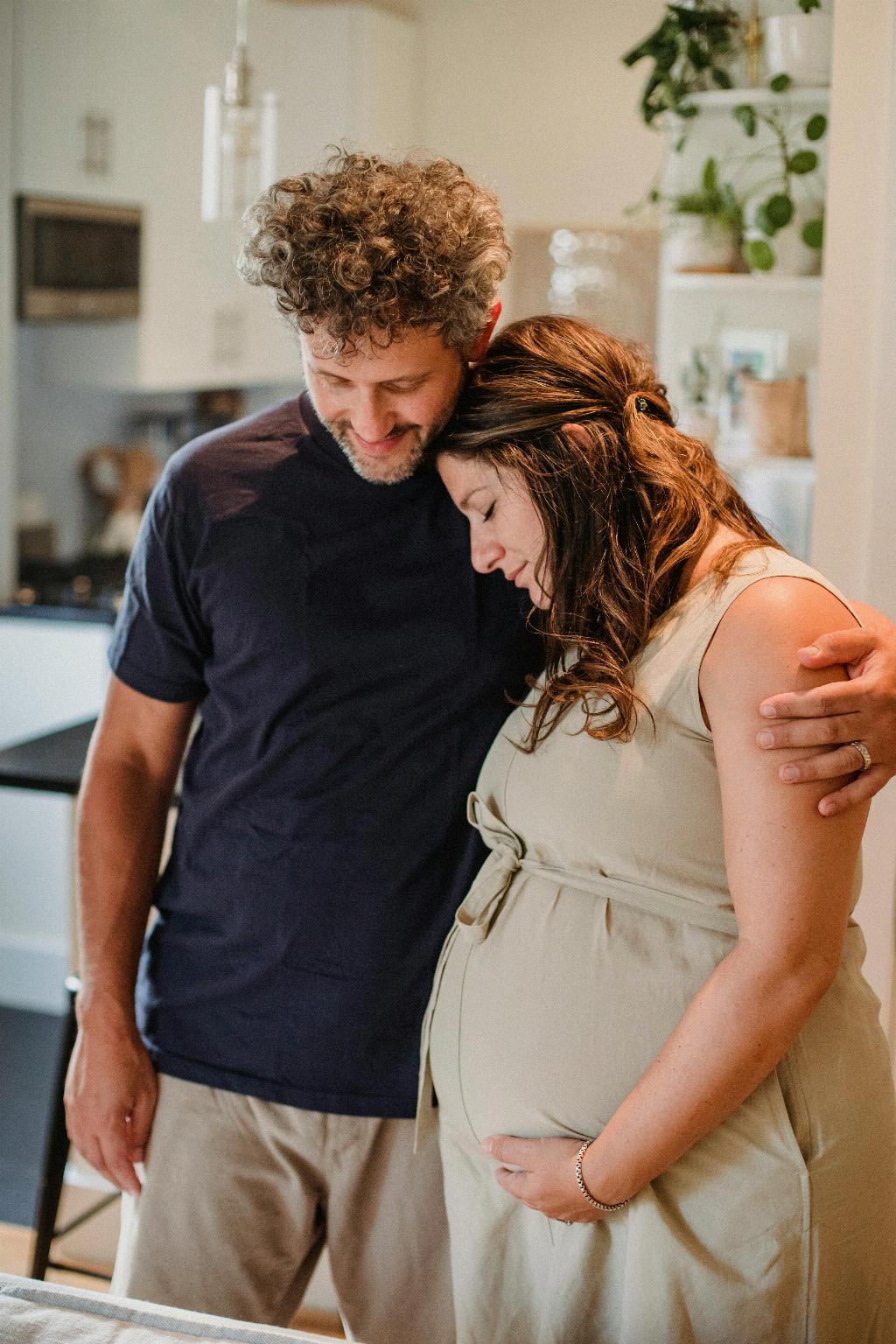When it comes to monitoring blood sugar levels, the 1-hour glucose test is a crucial tool in determining how the body processes glucose. This test, typically conducted during pregnancy to screen for gestational diabetes, involves drinking a glucose solution and measuring blood sugar levels after 1 hour.
Interpreting the Results
A good number for the 1-hour glucose test is a blood glucose level lower than 180 mg/dL (10 mmol/L) one hour after consuming the glucose solution. This threshold is considered normal, indicating that the body is efficiently processing the sugar and maintaining a healthy blood sugar level.
Understanding Normal Levels
Having a blood glucose level below 180 mg/dL after the 1-hour test signifies that the body is able to regulate blood sugar effectively. This level is within the normal range for postprandial (after eating) blood sugar levels and indicates that there is no immediate cause for concern regarding glucose metabolism.
Implications of Elevated Levels
If the blood glucose level exceeds 180 mg/dL after the 1-hour test, it may suggest a potential issue with glucose metabolism. Elevated levels could indicate insulin resistance or impaired glucose tolerance, warranting further evaluation and potentially additional testing to assess the individual’s risk for diabetes.
Monitoring Blood Sugar Levels
Regular monitoring of blood sugar levels, including the 1-hour glucose test, is essential for individuals at risk of diabetes or gestational diabetes. By keeping track of how the body responds to glucose, healthcare providers can detect abnormalities early on and implement appropriate interventions to prevent complications.
Factors Affecting Test Results
It’s important to consider various factors that can influence the results of the 1-hour glucose test, such as the timing of the test, the individual’s fasting status, and any underlying medical conditions that may impact glucose metabolism. By taking these factors into account, healthcare providers can ensure accurate interpretation of the test results.
Significance of Timely Diagnosis
Diagnosing and managing diabetes, including gestational diabetes, in a timely manner is crucial for preventing complications and promoting overall health. The 1-hour glucose test plays a key role in the early detection of abnormal glucose metabolism, allowing for prompt intervention and appropriate management strategies.
Role of Lifestyle Modifications
In addition to monitoring blood sugar levels through tests like the 1-hour glucose test, adopting healthy lifestyle habits can significantly impact glucose metabolism. Maintaining a balanced diet, engaging in regular physical activity, and managing stress can all help regulate blood sugar levels and reduce the risk of developing diabetes.
Collaborative Approach to Care
Effective management of diabetes and gestational diabetes often requires a collaborative approach involving healthcare providers, nutritionists, and other allied health professionals. By working together, individuals can receive comprehensive care that addresses all aspects of their health, including blood sugar management.
Empowering Individuals Through Education
Empowering individuals with knowledge about glucose metabolism, blood sugar monitoring, and lifestyle modifications is essential for promoting self-management and optimal health outcomes. Education plays a key role in empowering individuals to make informed decisions about their health and well-being.
Conclusion
In conclusion, a good number for the 1-hour glucose test is a blood glucose level lower than 180 mg/dL one hour after consuming the glucose solution. This normal range indicates efficient glucose metabolism and proper blood sugar regulation. By understanding the implications of the test results, monitoring blood sugar levels regularly, and adopting healthy lifestyle habits, individuals can support their overall health and well-being.

